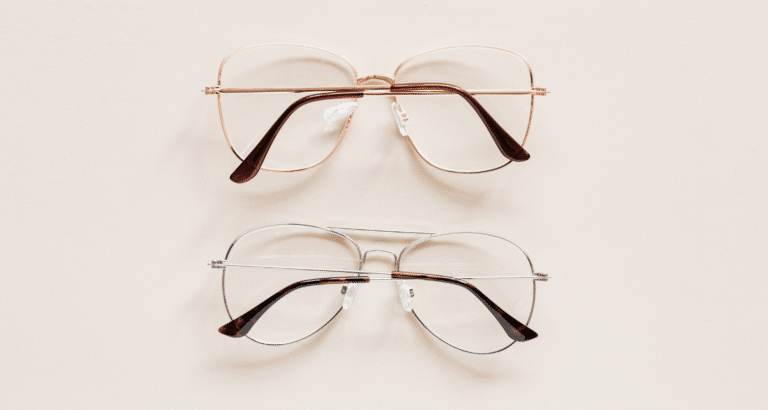Advances in vision correction have given patients more permanent options other than glasses, laser surgery, or conventional contacts. Among these options, the implantable contact lenses (ICLs), also known as permanent contact lenses, stand out, offering excellent vision with long-term durability.. But how long do permanent contact lenses last, and under what conditions might they require a replacement?
This guide examines the life of ICLs, the determinants that affect their life span, and what the patient needs to understand before adopting them.
What Are Permanent Contact Lenses?
Implantable contact lenses, also called permanent contact lenses, are a type of contact lens surgically inserted between the iris and the natural crystalline lens. ICLs are permanent, unlike the usual contact lenses, which are worn on the eye’s surface and need to be removed daily.
They are a good option for people who aren’t ideal candidates for LASIK or other operations, usually because of thin corneas, extremely high prescriptions, or long-term cases of dry eye. The natural lens is not removed, making the procedure reversible and distinct from lens replacement surgery.
How Long Do They Last?
ICLs are made of a biocompatible material that does not degrade. Theoretically, they can last a lifetime.. Some sources suggest they can last up to 100 years, which is why they should be viewed as a long-term solution.
The lenses can also remain in place permanently unless a problem develops, which is true for most patients once the lenses are implanted.
When They Need to Be Removed or Replaced
Even though ICLs are regarded as permanent, the following cases may require an adjustment or a replacement:
- Prescription Changes: Your eyes may change with time. When the refractive error changes considerably, the lens can no longer give clear vision and may have to be replaced.
- Cataract Formation: The natural lens becomes cloudy with age; therefore, cataract surgery may be necessary to remove or replace the implanted lens.
- Lens Misalignment: In rare cases, ICL can move out of position, altering vision or comfort, and may require repositioning or replacement.
- Corneal Health Concerns: In some patients, the corneal endothelial cells may be affected, requiring lens removal to conserve long-term vision.
- Age-related eye changes: The lens fit or effectiveness could be affected by natural anatomical changes in the eye that take place over decades.

Safety and Effectiveness
Extensive research indicates that ICLs are safe and effective. They have been in use for decades and remain widespread worldwide, with consistently high patient satisfaction. A significant number of users report better night vision than with LASIK.
One of the crucial strengths is reversibility; the lenses are removable without negatively impacting the natural structures of the eye in case of need. This combination of permanence and flexibility makes them a reassuring choice for patients.
Major Advantages of Permanent Contact Lenses
- Long-Lasting Vision Correction: Designed to remain effective for life.
- Exceptional Clarity: Often delivers sharper results than other corrective procedures.
- Reversible: The procedure allows removal or replacement if needed.
- Biocompatible Material: Safe for long-term placement inside the eye.
- Low Maintenance: No daily cleaning or replacement required.
Looking Ahead
Ophthalmology continues to improve the ICL technology. Even more recent models, like the EVO Visian ICL, are designed with built-in fluid circulation, which reduces risks and increases durability. These innovations highlight the practicality and longevity of permanent contact lenses.
Who Should Consider Them?
ICLs could be especially effective with:
- Patients with severe nearsightedness or astigmatism.
- People with thin corneas who cannot undergo LASIK.
- Individuals who experience persistent dry eye often struggle with surface contacts.
- Any patient who wants a safe, stable, and reversible alternative to laser surgery.
A thorough eye exam and consultation with an ophthalmologist are essential before deciding.
Conclusion
Permanent contact lenses are designed to be long-lasting and can benefit patients throughout their lifetime. Although some conditions might need removal or replacement due to prescription changes, cataracts, or corneal health issues, they remain one of the safest and most effective long-term solutions for vision correction.
At Barnes Talero Eyecare, our mission is to guide patients toward the best possible vision – clear, healthy, and tailored to their needs – and provide them with solutions specific to their needs.





